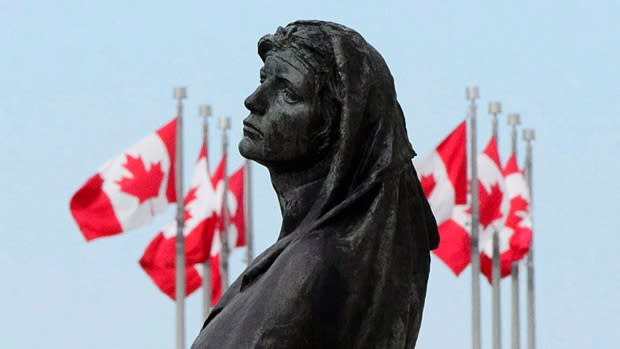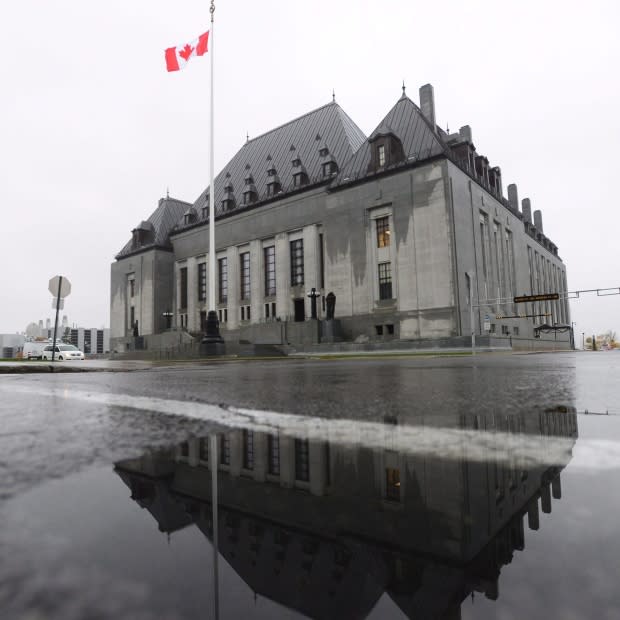NLTA wants Supreme Court of Canada to hear salary disclosure case
The Newfoundland and Labrador Teachers' Association wants the country's court of last resort to weigh in on whether the salaries of provincial public servants should be public information.
Lawyers for the NLTA are seeking leave to appeal a Newfoundland and Labrador top-court decision to the Supreme Court of Canada.
The issue "directly affects thousands of public servants in Newfoundland and Labrador, and by establishing a new legal precedent for the interpretation of access to information legislation nationwide, impacts upon the privacy rights of hundreds of thousands of Canadians who work for public institutions," the association's lawyers, Tom Williams and Kyle Rees, noted in filings to the Supreme Court.
In September, the Newfoundland and Labrador Court of Appeal ruled that the names of public servants must be released in addition to their salaries under provincial access-to-information laws.
That 2-1 Court of Appeal decision overturned a lower court ruling.
The NLTA's last legal option is for the Supreme Court of Canada to hear the matter.

The nation's top court does not automatically grant such requests; in fact, fewer than one in seven have made the cut in the past.
"Of the approximately 600 leave applications submitted each year, only about 80 are granted," the Supreme Court of Canada website notes.
The NLTA should find out by early next year if the top court will take on the case.
Decisions on leave applications are rendered, on average, within three months of being filed.
Decision has national impact, NLTA says
In its filings to the Supreme Court of Canada, the NLTA outlines why it believes the issues at stake are important.
"The question for this honourable court is simply this: Is the disclosure of the names and salaries of all employees of the school board (and, by extension at any public body in Newfoundland and Labrador) an unreasonable invasion of personal privacy?"
The NLTA contends that the Newfoundland and Labrador decision "has significant persuasive effects throughout the country."
According to the teachers' union, the main issues at stake are whether the public has a legitimate and significant interest in the identities of people who receive public money; how the courts should balance public access to information and protection of privacy; and what constitutes an "unreasonable invasion of personal privacy" in Canada.

The salary disclosure issues in this case were at least partially rendered moot when the province passed a new sunshine law nearly two years ago.
That law sees an annual list published of all civil servants who earn more than $100,000. It includes their names, with very limited exceptions.
But the Court of Appeal decision appears to apply to all salaries, including those under $100,000.
Read more from CBC Newfoundland and Labrador

